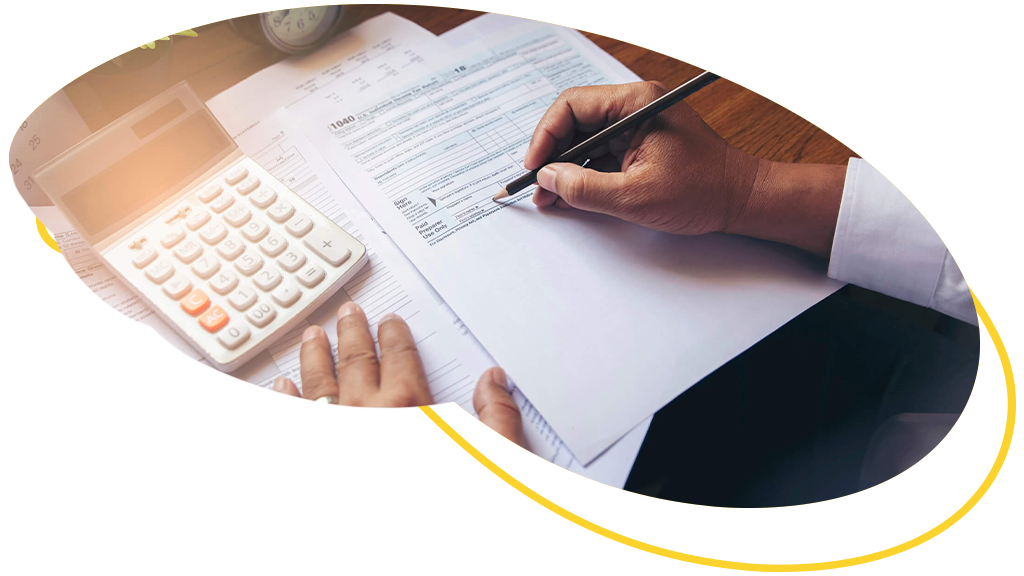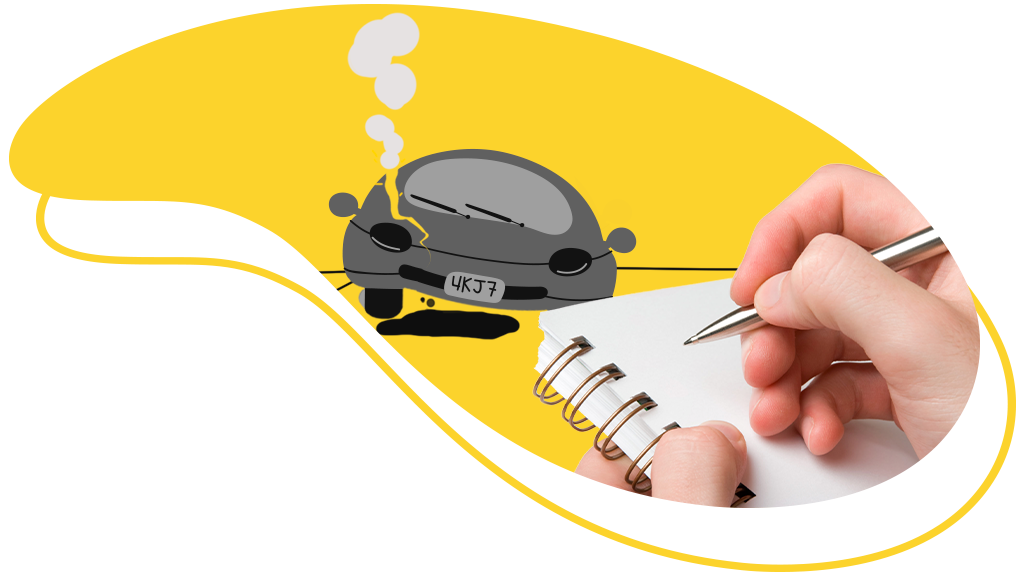Know our Commercial Insurance!
Get a quote!
x




We’ve discussed how to build your credit score, as this can help navigate the financial world here in the US. An immigrant who has newly arrived in the country will have a non-existent score, which means he won’t be starting from zero but from negative.
On the other hand, have you considered the consequences of a bad credit score? A newcomer with zero credit, if given the opportunity, can still appeal to those they may need to convince. If your credit history includes a series of dips, however, this can make things very difficult in the long run.
In fact, a bad credit score can have more negative consequences than you might realize. Here are just 5 harmful side effects of having bad credit.
If you need a mortgage to buy a house, a car loan, or even just a credit card, your loan application will likely be denied. After all, before granting a loan, banks and lenders in general want to know how likely you are to pay off your debt and the main criterion used is your credit score.
If you end up still qualifying for a loan, you will certainly have to pay higher interest rates to compensate for the perceived higher risk.
And remember: to open a business, it is often necessary to obtain a loan. Let’s face it, no entrepreneur should have to deal with another obstacle during the creation of a company.
Of course, insurance companies also check credit scores. This is because there is research showing a correlation between bad credit scores and the likelihood that drivers will file claims through their auto insurance carrier.
A drop in your credit score will not automatically increase your premium, nor will your policy be canceled if you drop below 600. But a bad credit score can prevent you from getting the lowest rate possible, regardless of whether or not you’ve submitted any claims.
IMPORTANT TO KNOW: Credit-based auto insurance scoring has been banned in Hawaii, while credit-based home insurance scoring has been banned in Maryland. The practice is completely banned in Massachusetts and California.
Finding a job is difficult and while on the search, many people end up accumulating debt. When you accumulate debt, your credit score drops, which in turn makes it difficult to find a new job. Sounds like a hard cycle to break, doesn’t it?
Of course, not all jobs will require an impeccable score and there is always the possibility of justifying a low score due to the time you have been in the country. However, for certain roles, including management positions and positions that involve handling money, companies want to know whether the person they are hiring can be trusted to make financial decisions.
Your potential employer may not only ask for a list of references, but also ask for permission to do a credit check. With your signed permission, they will be able to access your report and view information such as your outstanding lines of credit, outstanding balances, auto loans, student loans, past foreclosures, late or missed payments, any bankruptcies and collection balances.
A credit score of 620 is usually the minimum required to qualify for a rental, according to Experian.
Some homeowners and property management companies are stricter than others, but you can breathe easy if your credit score is 700 or higher.
When you have bad credit, you may have to scramble to find a guarantor or pay a security deposit before signing the new lease. It is not impossible to rent an apartment with bad credit, but it can certainly be much more difficult.
Okay, let’s say you did your best and managed to rent a property while having low credit.. Is the hard part over? No! Bad credit can be an obstacle when trying to sign up for utilities.
In some states, there are protections against terminating your access to public services such as water, electricity, gas and heating. And if you’re denied access to these services because of your credit score, you can either take prepaid plans or send a letter of guarantee that essentially acts as a guarantor or co-signer agreement if you fall behind on your bills.
As for non-public utilities like internet and cable, there are fewer legal protections in place to guarantee access to these services, though the UN now considers internet access a human right. Each company has its own policies.
The consequences of having bad credit can be much more extensive than you might think. Your best bet is to do everything you can to get your credit back up as quickly as you can.
Know our Commercial Insurance!
Get a quote!

In the United States, it takes debt to build credit. So if you’re newly arrived, get ready to start from scratch– but don't be discouraged. We are teaching 6 ways to build your credit today.

Insurance is probably one of the only purchases we make in the hopes of never using. However, at times it may be necessary, and it is at these times that we need to know exactly what is covered, what we have to do and how to guarantee the contracted coverage.


We are an insurance company made by people for people. A community that speaks tyour language, with people who care about your future! Here you can find all the protection and care that a home offers. Come and join us!
Get a Quote

Need help? Chat with BRZ!
x